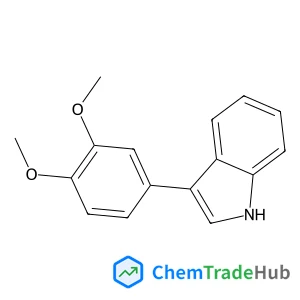Enantioselective [2 + 2] cycloaddition of 1,2-dihydroquinolines with 3-olefinic oxindoles via Brønsted acid catalysis
Literature Information
Biao Wang, Xiao Yan, Han Zhong, Qin Ouyang, Xu Tian
Mutually complementary regiodivergent Brønsted acid-catalyzed atom-economical [2 + 2] cycloaddition and ene reactions of 1,2-dihydroquinolines with 3-olefinic oxindoles are reported. In the presence of a chiral phosphoramide catalyst, the [2 + 2] cycloaddition affords products with four contiguous stereocenters in good to excellent yields (up to 95%) and with high stereoselectivities (up to >99% ee, >20 : 1 dr). Conversely, with a stronger Brønsted acid, the trifluoromethanesulfonic acid catalyst leads to ene reaction products in high yields (up to 77%). Furthermore, the mechanisms of the reactions are discussed based on control experiments and DFT calculations.
Related Literature
IF 6.222
Strong circularly polarized luminescence of an octahedral chromium(iii) complexIF 6.222
Coexisting order and disorder within a common 40-residue amyloid-β fibril structure in Alzheimer's disease brain tissueIF 6.222
An overview of latest advances in exploring bioactive peptide hydrogels for neural tissue engineeringIF 6.843
Insights into the mechanism of photosynthetic H2 evolution catalyzed by a heptacoordinate cobalt complexIF 6.367
A robust multifunctional ligand-controlled palladium-catalyzed carbonylation reaction in waterIF 6.222
Nickel-containing N-doped carbon as effective electrocatalysts for the reduction of CO2 to CO in a continuous-flow electrolyzerIF 6.367
An improved fluorescent protein-based expression reporter system that utilizes bioluminescence resonance energy transfer and peptide-assisted complementationIF 6.222
Life cycle assessment of plasma-assisted ethylene production from rich-in-methane gas streamsIF 6.367
A hollow neuronal carbon skeleton with ultrahigh pyridinic N content as a self-supporting potassium-ion battery anodeIF 6.367
Source Journal
Organic Chemistry Frontiers
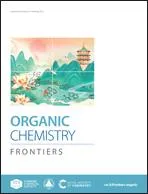
Organic Chemistry Frontiers publishes high-quality research from across organic chemistry. Emphases are placed on studies that make significant contributions to the field of organic chemistry by reporting either new or significantly improved protocols or methodologies. Topics include, but are not limited to the following: Organic synthesis Development of synthetic methodologies Catalysis Natural products Functional organic materials Supramolecular and macromolecular chemistry Physical and computational organic chemistry
Recommended Compounds
Recommended Suppliers
 Shanghai Shengyi Biotechnology Co., Ltd.
Shanghai Shengyi Biotechnology Co., Ltd. Ningbo Zhenlei Chemical Co., Ltd.
Ningbo Zhenlei Chemical Co., Ltd. Shaanxi Tidu Medicine and Chemical Co., Ltd.
Shaanxi Tidu Medicine and Chemical Co., Ltd. Liyi (Guangzhou) Material Technology Co., Ltd.
Liyi (Guangzhou) Material Technology Co., Ltd. Xiangfan Nuor Chemical Industry Co., Ltd.
Xiangfan Nuor Chemical Industry Co., Ltd. UTILCELL-Técnicas de Electrónica y Automatismos, S.A.
UTILCELL-Técnicas de Electrónica y Automatismos, S.A. Shandong Kemicor New Materials Co., Ltd.
Shandong Kemicor New Materials Co., Ltd. Anhui Beiyike Equipment Technology Co., Ltd.
Anhui Beiyike Equipment Technology Co., Ltd. MCI - Miritz Citrus Ingredients GmbH
MCI - Miritz Citrus Ingredients GmbH StarXin Commerce and Trade Co., Ltd.
StarXin Commerce and Trade Co., Ltd.










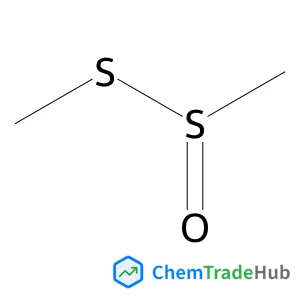
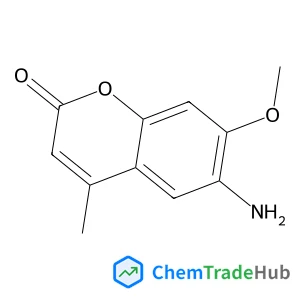
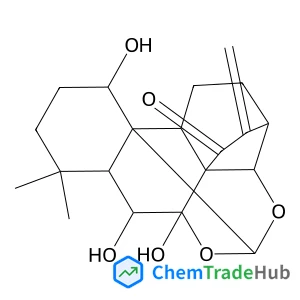
![503070-57-3 - 2-[2-(6-Bromohexyloxy)ethoxymethyl]-1,3-dichlorobenzene 503070-57-3 - 2-[2-(6-Bromohexyloxy)ethoxymethyl]-1,3-dichlorobenzene](/structs/503/503070-57-3-bc25.webp)
